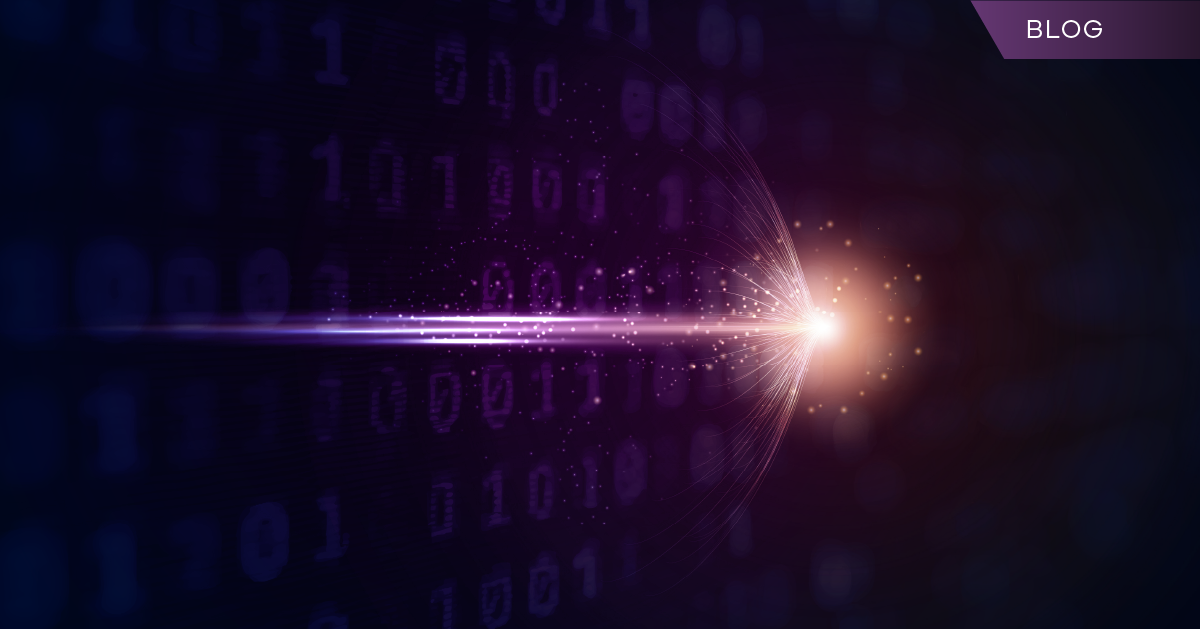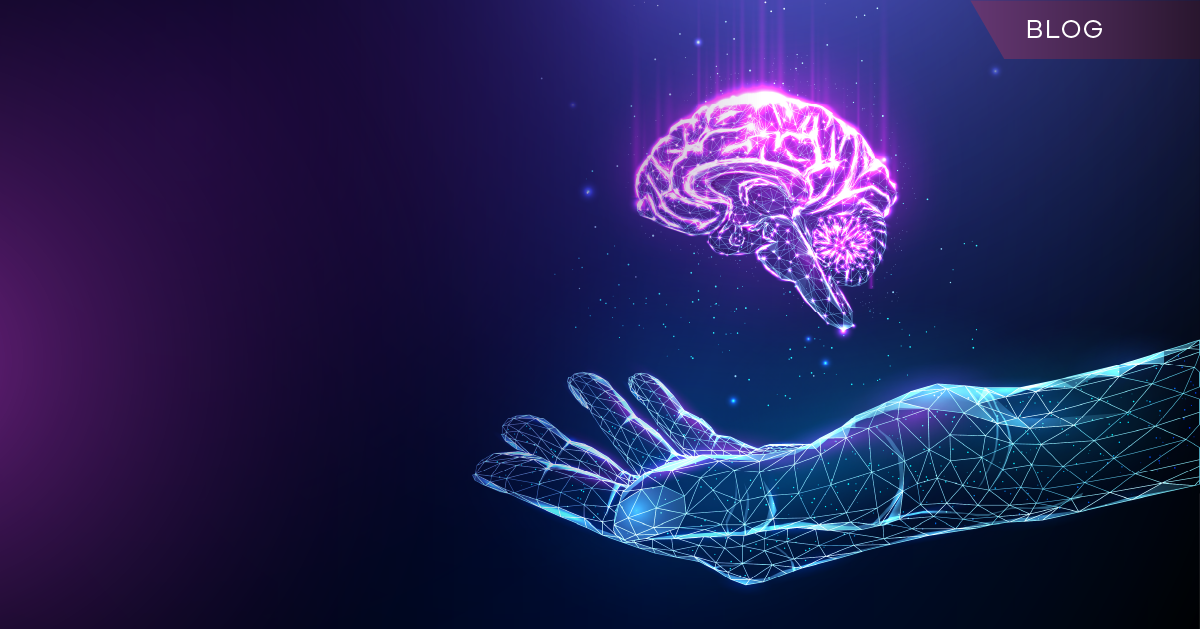Groundbreaking advances in cloud to massively powerful GPUs to transformer architectures and large language models have exploded the boundaries of AI, fueling optimism, experimentation, and the race to invest and implement AI solutions. Unfortunately, this enthusiasm has not only been met with mixed results, but has introduced more risk to an organization’s security, resilience, and long-term sustainability.
Like all innovations, AI systems introduce new gaps, threat vectors, and variables that could make you more susceptible and compromise your integrity, confidentiality, and availability. Our white paper A Pragmatic and Resilient Approach to AI will help you develop a comprehensive strategy to face those challenges.
Attackers can use AI to create malware or sophisticated phishing attacks that prey on your employees and penetrate your organization. Or they can specifically target your AI systems through a dedicated hardware environment, attempt to steal your proprietary AI models, or use data poisoning to manipulate training data for malicious purposes.
These low-risk, high-return AI-driven cyberattacks are becoming more numerous and sophisticated, and it is happening as counter-cybersecurity measures get more expensive to update and deploy. The cost and complexity are compounded because AI data and workloads span multiple systems, clouds, and applications.
To keep your business safe and continuous, you need to adopt a comprehensive cyber resilience strategy and platform that spans the depth of your AI data systems and the breadth of these new workloads. You need a solution that proactively scans for anomalies, remediates threats, and helps you get back to business faster through better planning, testing, and recovery capabilities.
This approach to resilience relies on the latest AI capabilities to dramatically improve recovery time. From increasing threat intelligence and anticipating risks to automating and orchestrating recoveries, AI not only responds to an attack, but adapts and learns in real time. For instance, Commvault’s cyber resilience platform leverages AI algorithms today to:
- Identify and prioritize clean recovery points for an automated and rapid data recovery.
- Locate sensitive information, identify at-risk assets, and map network configurations, interdependencies, and metadata across a hybrid or multi-cloud environment.
- Determine risks, compliance, and forensics that must be traceable and actionable to help you comply with board-level risk and regulatory requirements.
- Enhance our support experience offering automated self-service and troubleshooting capabilities for customers.
From creating automated runbooks – to using automation to write recovery plans – to spinning up sophisticated chatbots, AI is the foundation for an entirely new resilience paradigm. Our white paper A Pragmatic and Resilient Approach to AI was created to help you be more resilient in an AI-empowered world.


